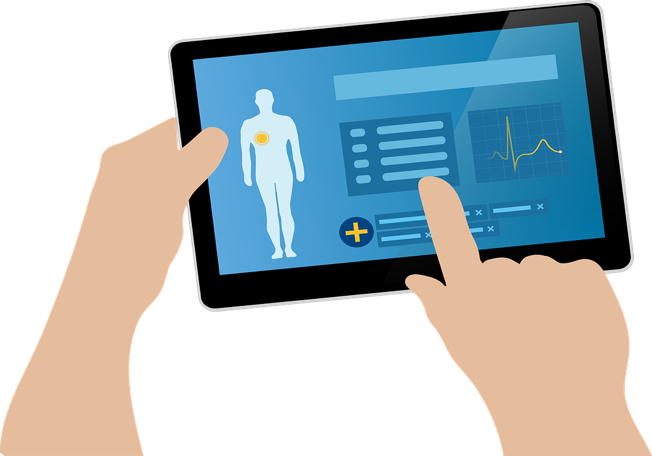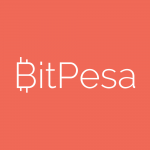The average medical student usually commits hours into studying and practicing medicine. In other parts of the world, technology is being employed to make studying medicine even more convenient and simpler by giving students exposure to cases and making information more available. But the big question remains. Does the availability of better technology and learning methods make them better physicians than those from Ghana and perhaps West Africa?
Technology Makes Learning Better

According to the Education Endowment Foundation, there is a notably improved outcome when modern digital facilities like videos, simulations and mobile devices are used in teaching and learning. Apart from tech making learning more efficient, the current generation understands tech more than any other; which better group to implement technology in education than millennials?
The data for medical education remains very little, but we can see the obvious advantages that other countries have by implementing technology. The electronic health record, EHR (or teaching Electronic Health Record EHR for students) is one such clever invention used in other countries; the details of patients and population health is loaded into a database that can be accessed by physicians and selectively by students. Research also benefits a lot from digitalisation when information is made easily accessible to students.
Where Is Ghana In All This?
The average medical student in most government institutions is not exposed to digital methods aimed at improving education. With the recent spring up of private medical schools in Ghana, there has been some improvement.
A school in Accra now employs the use of digital virtual cadavers in anatomy laboratory sessions, eliminating the need for real cadavers and the awful smell of formaldehyde (a substance used to preserve bodies) as well as making dissections more available. Other schools have digital libraries available which is a good step in the right direction.
Recently there was news on the Ministry of Health implementing a digital health management system but we are yet to see it in full force. The question of whether the availability of technology in healthcare makes physicians from other countries better is quite difficult to answer. However, one argument usually made is that Ghanaian medical graduates are able to pass exams and practice in foreign countries which puts them ahead of those from other countries; taking for example the National Health Service (NHS) which has some 2,289 Ghanaian health workers as at 2016, a major contributor to health work in Europe. In spite of all this, we can agree that technology would help in driving medical education forward for Ghana.
About The Author
Samuel D Otoo is a postgraduate student who enjoys writing about tech and everything related. You can send email Samuel darlyntonjr@gmail.com or find him on twitter @meatismeaty










